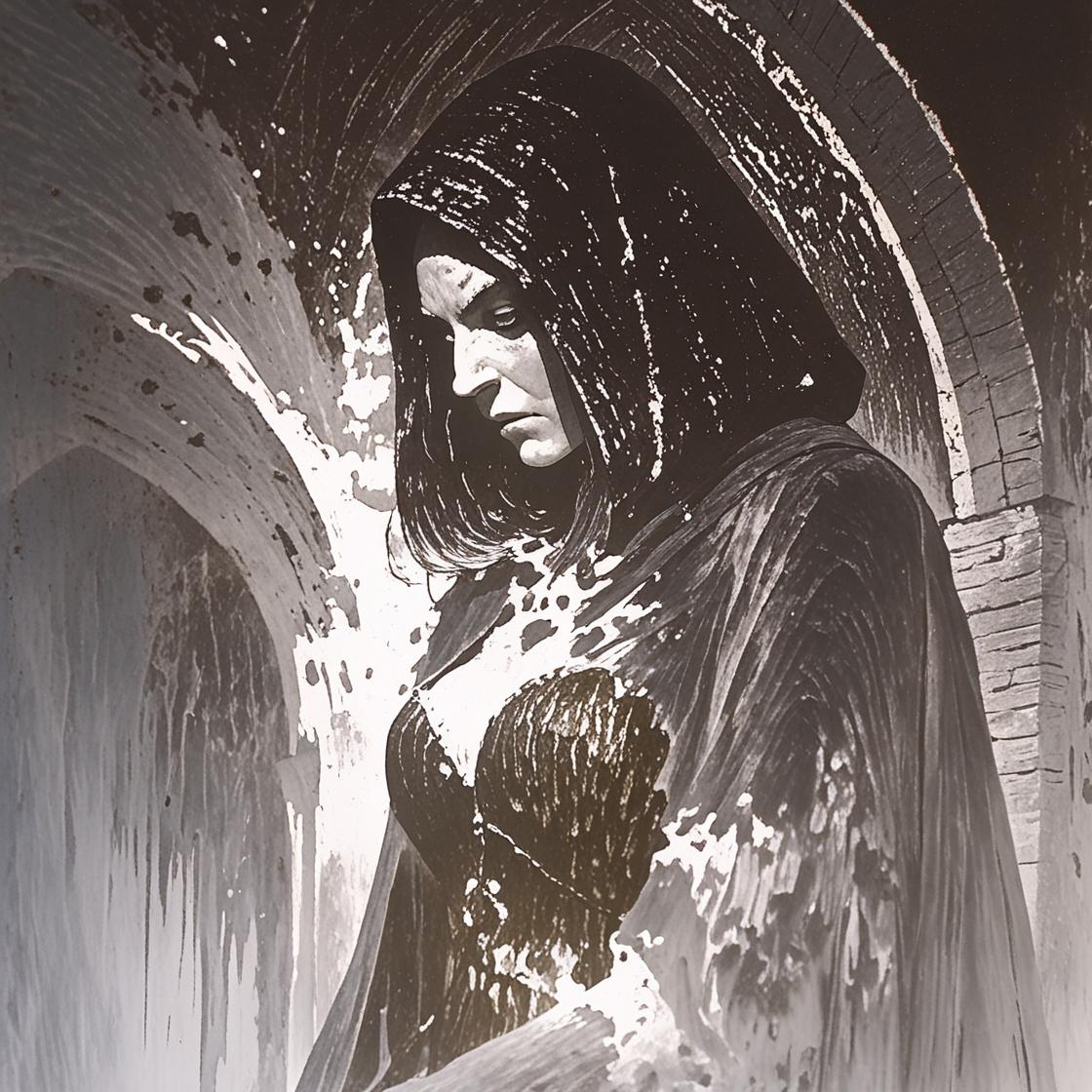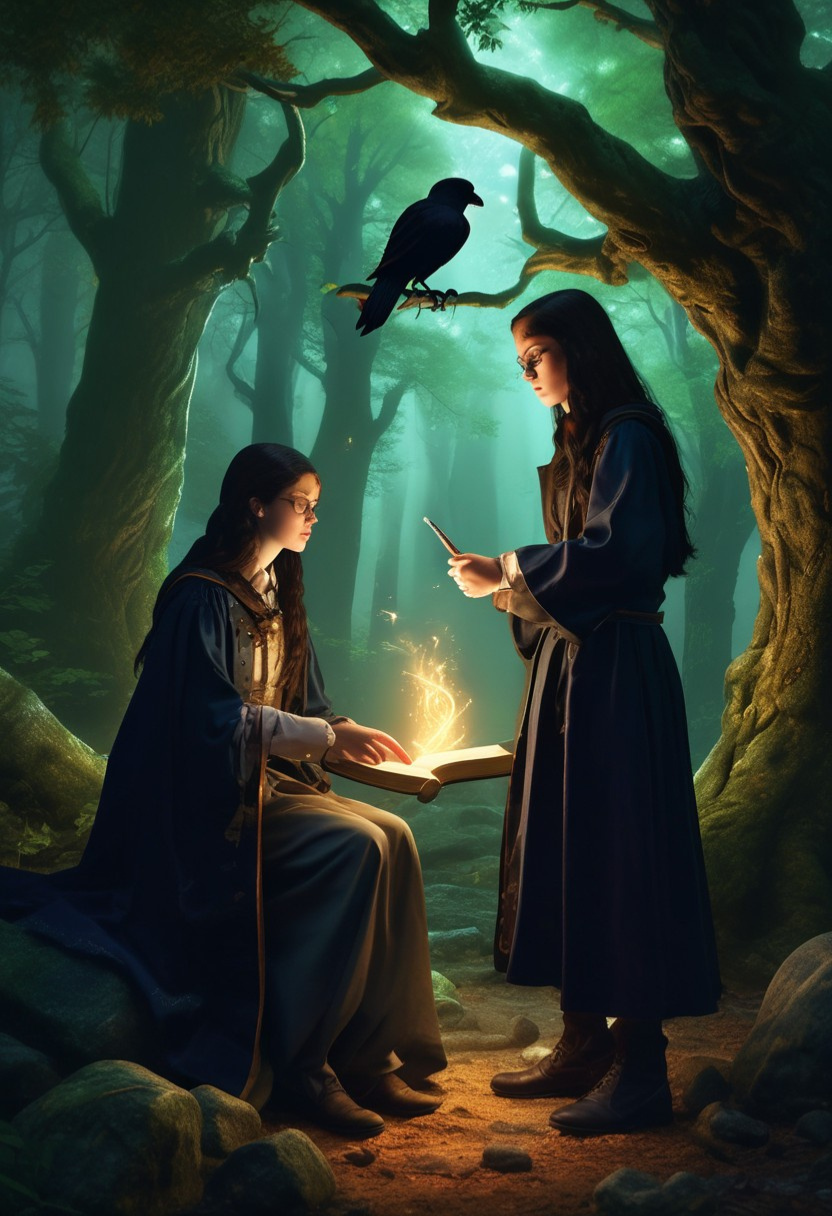First of all, we should clarify what a “magic spell” is. The original word is the Germanic spel, which appears to have been a very nuanced and formidable expression meaning story, or storytelling, or song, and even at times sermon or similar inspiring feat of speech.
Over time it graduated to refer to magically charged words and specifically to the recitation of these words to create magical effects. Therefore in precise terms a spell is the incantation, or verbal component of magical work that is spoken chanted, or sung to unleash magical forces.
I love the etymological origin, as it perfectly captures the variant and potent nature of magic. A spell can indeed take the form of a story, song, affirmation, appellation, command, poem, cry of outrage, sermon, and any other expression we might think of.
From the early modern period to the 19th century (somewhere thereabouts at a best guess) the terms “magic spell” came to be a synonym for any magical operation, even those that do not include a verbal component! So on one hand, that of proper terminology, a spell is the verbal portion of magic work that focuses the magician’s will while on the other hand of common vernacular it can be used to refer to any individual feat of magical work.
There are Many Ways to Enact Magic…
Knowing the most correct use of the term “spell” but being unafraid to entertain the more inclusive, extended version in the common vernacular, let’s look at some possibilities of how you can cast a magic spell.
I Picked these Operations for a Reason.
The “spells” below are all simple, easy to execute, and generally pretty effective even in the hands of a beginner. Here are four fundamental considerations to nail down or get sorted before using one or more of the spells below.
- Be willing to receive or experience a change for the better. Be open to success instead of fixating on doubt.
- Achieve a relaxed, playful state of mind and body to perform the work from. Have fun if you can even if the work is serious.
- Mind the details and execute the tasks with intent and expectation to get it right, the same way you would hammer a nail, draw a circle with a compass, pull off that slick video game move, or sink a basketball. In other words don’t half-ass it, but act the way you act when you plan on doing something correctly.
- Perform the magic like you’re Merlin, or Circe, Thoth, Hecate, Moses, Odin, Freya, or whoever comes to mind when you think about an epic magician. Be humble yet work the magic as if you own it, like it’s a part of you, because you do and it is.

Conjure Courage
Burn a red candle marked with the ram for courage. First draw or carve the image into the candle while meditating on the warrior aspect of Mars.
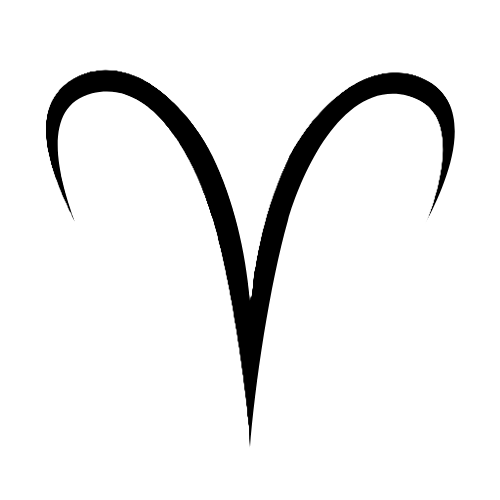
Ask the red power to flow through you and bring courage and strength. As you burn the candle focus intently, alternating your gaze between the ram symbol, the flame, and the red wax as appropriate. Your intent should be twofold at once: make an offering of the marked and infused candle along with your intent to the continuum we call Mars and receive the combined energy of the burning candle, your intentional offering, and the synchronized, “processed” third current of energy resulting from the first two that flows from Mars, through the candle, and back into you.

Multiply Money
Count three bills over and over again to bring more money into your life. “1, with the spirit of money I am one, 2, 3, flowing free, 4, come more, 5, my bank account thrives 6, be quick, 7, 8, proliferate, 9 money of mine multiplied!”
Repeat as many times as you like and be sure to FEEL prosperous and profitable as you cast the spell.
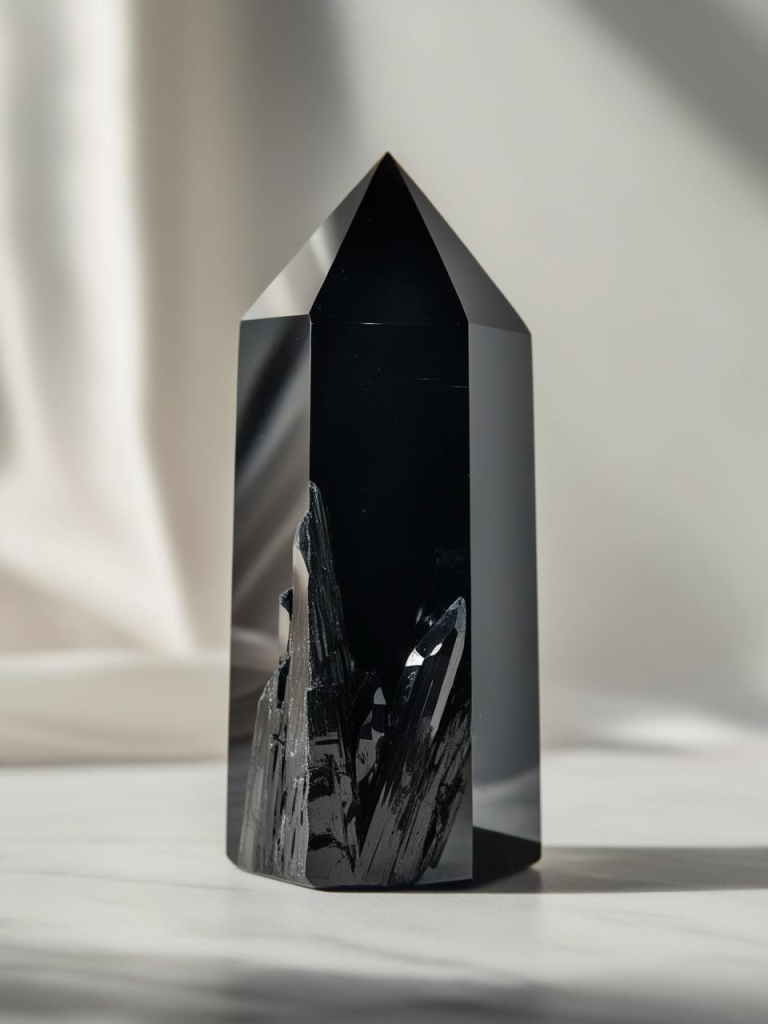
Soul Grounding
Focus on a point or tower of obsidian with a hexagonal cut (six faces). Feel the mineral’s energy and focus deep into the center, using the six faces to draw into yourself a part of your solar nature. Imagine a duplicate body of light forming within your physical form and let it burn away the energy of negative traits and bad thinking. Use the obsidian point to direct this light body deep into the earth below; sit with the light deep in the earth for a while, then return your awareness to your physical body.
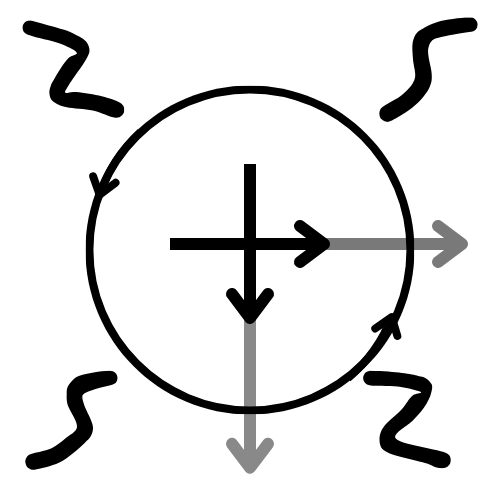
Clear Energy
Banish bad or unwanted energy by drawing the symbol on paper or tracing in the air. Make an equal-armed cross, vertical line first top-down (push away), horizontal line second left-right (push out). Circle counterclockwise (keep away and seal your aura/space). Make diagonal squiggles top left to bottom right then top right to bottom left to charge your cross and circle and strengthen their effects.

See What You Need to See
You can gaze into a marble or sphere of quartz, selenite, or obsidian as you cast this charm or you can simply close your eyes and gently focus on your third eye ass you recite.
First relax fully. Then be still a moment. Aim your willpower through the words and intend to receive intuitive insight or even a vision.
“Mind’s eye of mine I find and I, call you to show me exactly what I need to see, and clearly!”
Repeat this three or more times then relax and be still a moment. After a moment go back to your day and let go of the work.
You may have an experience right away or insight or vision may come to your later. It is imperative that you not push or stress over it and allow the magic to bring you what you need to see most in the moment.
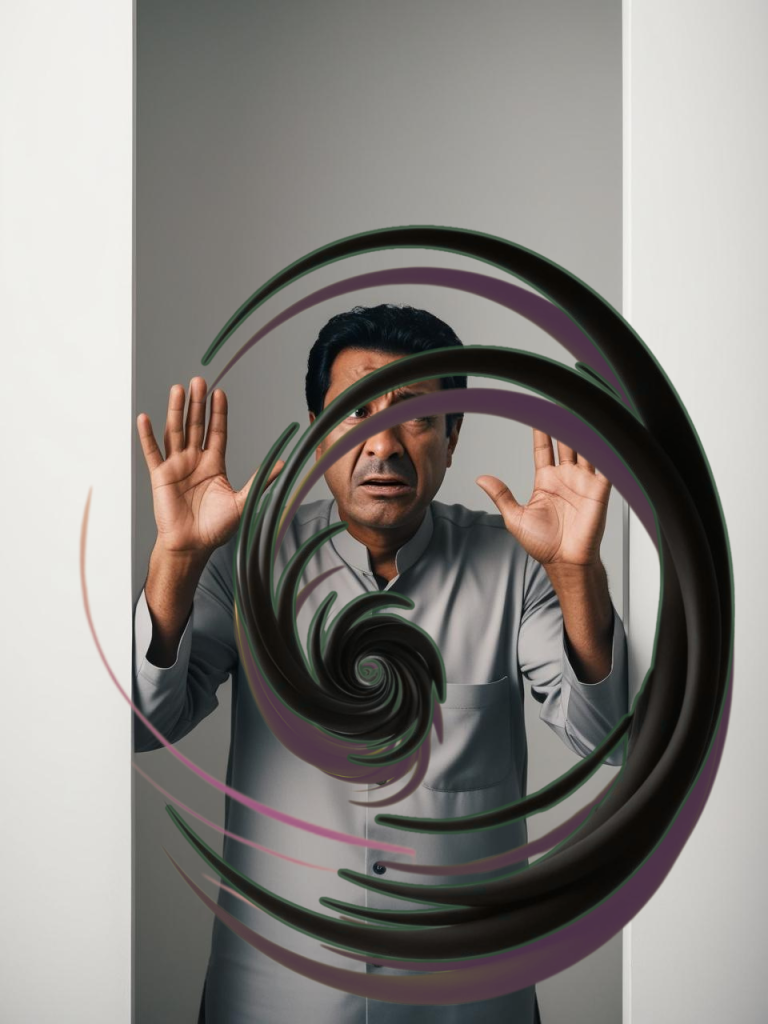
Return Toxicity
Whenever someone is willfully pushing toxic energy on you, be it a guilt trip, intimidation, or just ill will, you have the option of returning their ugly mojo. Draw a U like a u-turn in your mind to make a channel for the energy to flow back into the sender. Reject, as in do not accept the toxic current; be adamant and even state aloud your refusal. Use this incantation to finish.
“No. I reject the ugly flow and I expect it to turn and go along the channel I just bent right back to the one who sent the toxicity towards me; I respectfully return it unused and refuse to be abused . Go back now away from me I thank thee.“

Channel Anything
Draw the left diagonal sickle, then the right. Make the little well up top, and draw a symbol or write a word to represent what you will channel.
This can be a feeling, an idea, a spirit, a memory, the properties of a crystal. energy of an element or planet, or anything else you can think of. For the example I wrote “inspiration” so that’s what I would channel in that case.
Next draw the line from the well to the bottom and pull the energy of your target into you. Make the circle in the middle to like you are pushing the final button or flipping the last switch to activate the magic.
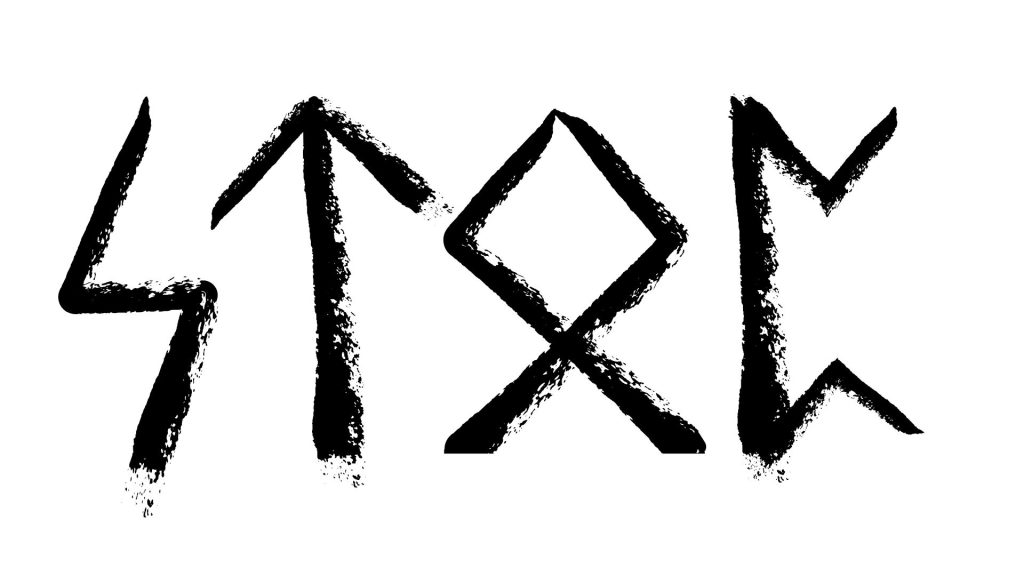
Stop Bullshit
Whatever you want to stop, be it negative thinking or intimidation pushed on you from another person or anything else, draw the runes shown here to spell the word “STOP” and hold the intention of HALTING whatever it is you want to stop.
Channel the following intention for each rune:
- Sowillo (S) Solar power, your soul and willpower activated.
- Tiwaz (T) the warrior spirit, god of war and victory, power that cannot be defeated.
- Othala (O) protects what is yours, in this case the very magic you work by these runes but also whatever you protect by stopping what you stop.
- Pertho (P) the power of fate and fortune, tied to Saturn. This brings both the power of inertia and inevitability to your command and draws upon the great restrictor and limitor Saturn to enforce your call to stop.
